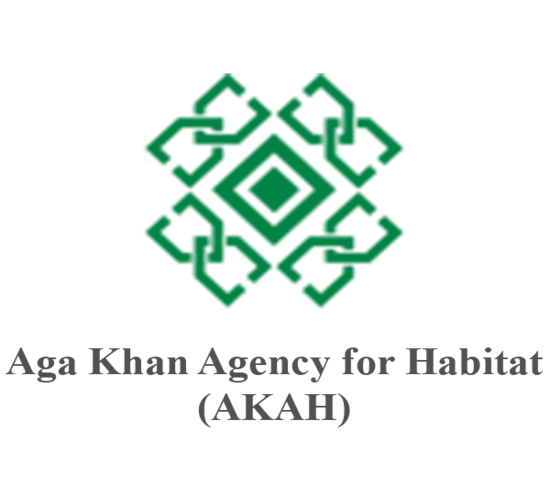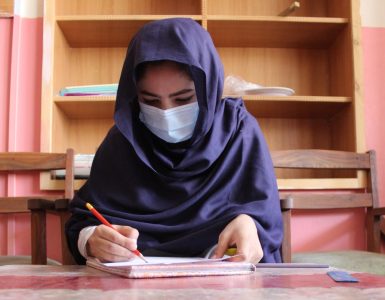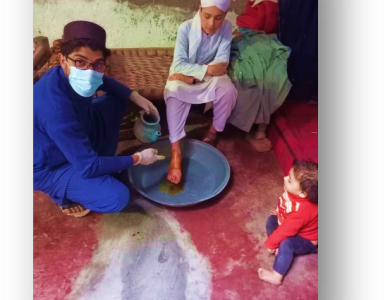
Every day at 5 am me and my neighbors would start our journey towards the river to fetch water for the daily use of family,” says Ashraf Nama, recalling her days of physical labor prior to AKAH’s intervention.
Ashraf Nama, now 28 years of age, a resident of Omelsaat village in Yasin valley of Gilgit-Baltistan, feels her overall health has significantly improved. She has more time at her disposal to take care of her family particularly her three children. But life has not been this comforting for her and the women of her village of 156 households.
The remote villages and towns of Gilgit-Baltistan, like Omelsaat, lacked access to piped water despite being home to multiple glaciers. This underlying problem has traversed all domains of the daily life of a family yet its identification and address could only be materialized by the intervention of the Aga Khan Agency for Habitat (AKAH). An NGO focusing on community-centric solutions for a safer habitat.
It is flagship programme Water and Sanitation Extension Programme (WASEP) offers a holistic and integrated six-step methodology coalescing hard and soft components to address the drinking water and sanitation needs of people of remote villages.
WASEP builds on solid foundations of community mobilization to construct potable water supply infrastructure with mandatory community participation to ensure ownership for sustainability of the project even after handing it over. For sustainability of these interventions an Operation and Maintenance fund is established with equal contribution from beneficiary households and run by a representative committee of the villagers.
AKAH is continuously engaged with communities having water issues and uses in-house funding to study the modalities for bringing cost-effective solutions. Based on one of these modality studies, Omelsaat was identified for WASEP intervention. The physical work on the project was initiated in 2016, and after almost a year’s work the village was connected through pipes with the glacier fed water source.
After its completion the project provided clean drinking water to 156 households through a water tap-stand that is designed to weather the freezing temperatures for uninterrupted water supply.
One tap-stand although insignificant in its appearance hides the profound impacts on the daily lives of its users. Ashraf, like many others of her village, now balances all that time between helping her children do their homework and on her health. On the other hand, bread earners like her husband can save more money and continue their jobs with peace of mind. These interventions collectively result in creating a ripple effect for a society to realise considerable economic gains and an improved quality of life.





